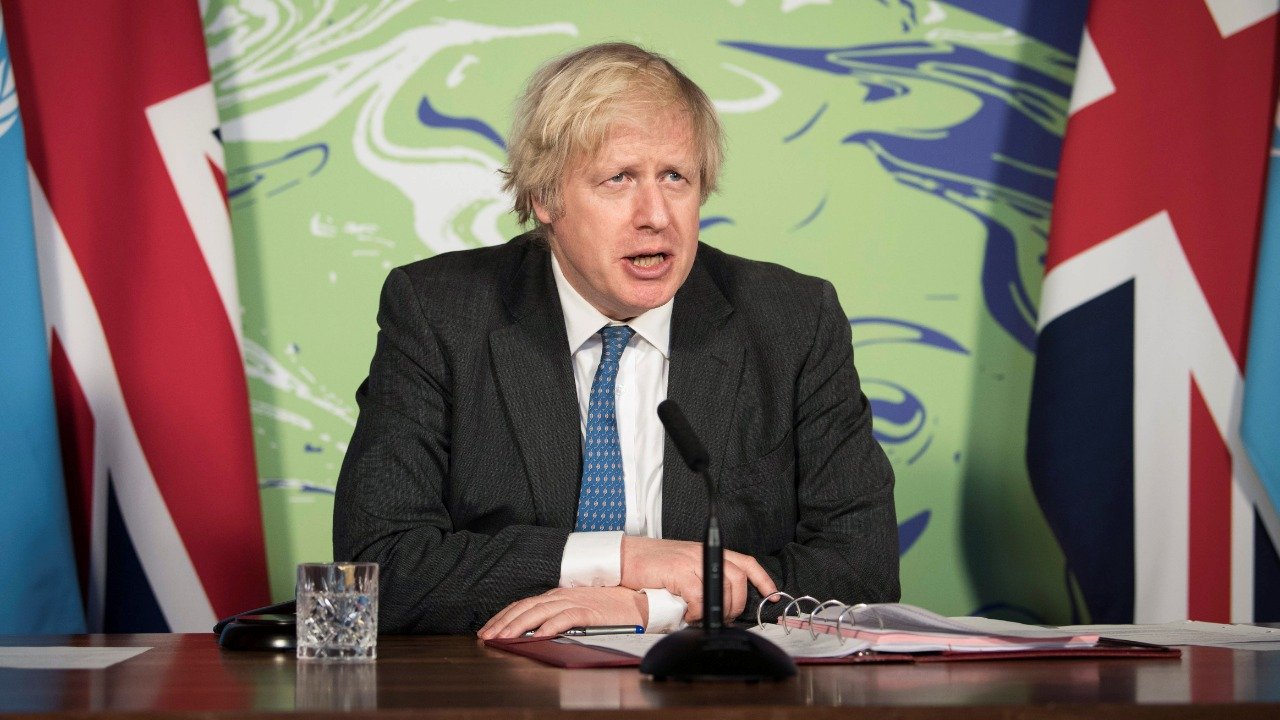British Prime Minister Boris Johnson during a virtual meeting of the United Nations Security Council on Tuesday expressed his fears to fellow leaders and urged them to take immediate action on the climate crisis or face worsening global instability if the problem is allowed to persist.
In recent times, the planet’s warming temperatures were are by far the genesis of several security threats faced by most countries, including the United States, France, and Germany, although Russia and China questioned the premise and said other forums should be used to address the issue.
Britain presently holds the Security Council’s rotating presidency and Johnson has made climate a top prioriy.
Read Also: Climate Crisis Could Justify Asylum Claims: UN Committee
‘It is absolutely clear that climate change is a threat to our collective security and the security of our nations,’ he said.
‘I know that there are people around the world who will say that this is … green stuff from a bunch of tree-hugging tofu munchers and not suited to international diplomacy and international politics.
‘I couldn’t disagree more profoundly.’
Johnson stressed that helping vulnerable countries adapt to climate change and cutting global emissions to net-zero will aid the protection of biodiversity as well as prosperity and security.
He evoked the examples of farmers facing crop stresses becoming susceptible to radicalization or shifting to growing opium, or climate refugees fleeing their home countries in droves.
‘Whether you like it or not, it is a matter of when, not if, your country, and your people will have to deal with the security impacts of climate change,’ he said.
Britain has committed into law a target of net-zero carbon emissions by 2050 and will host the COP26 climate summit in November in the Scottish city of Glasgow.
US climate envoy John Kerry, whose country recently returned to the landmark Paris agreement, added: ‘The Pentagon has for years described the impact of climate as a threat multiplier.
‘In fact, it is among the most complex and compelling security issues that I think we’ve ever faced.’
The United States is hosting its own summit on April 22, where it is expected to announce its renewed carbon reduction commitments after years of disengagement under former president Donald Trump.
Experts believe the world must reach net zero by 2050 or sooner to ensure long-term warming is held to no more than 1.5 degrees Celsius and avoid triggering catastrophic climate tipping points.
AFRICA TODAY NEWS, NEW YORK

